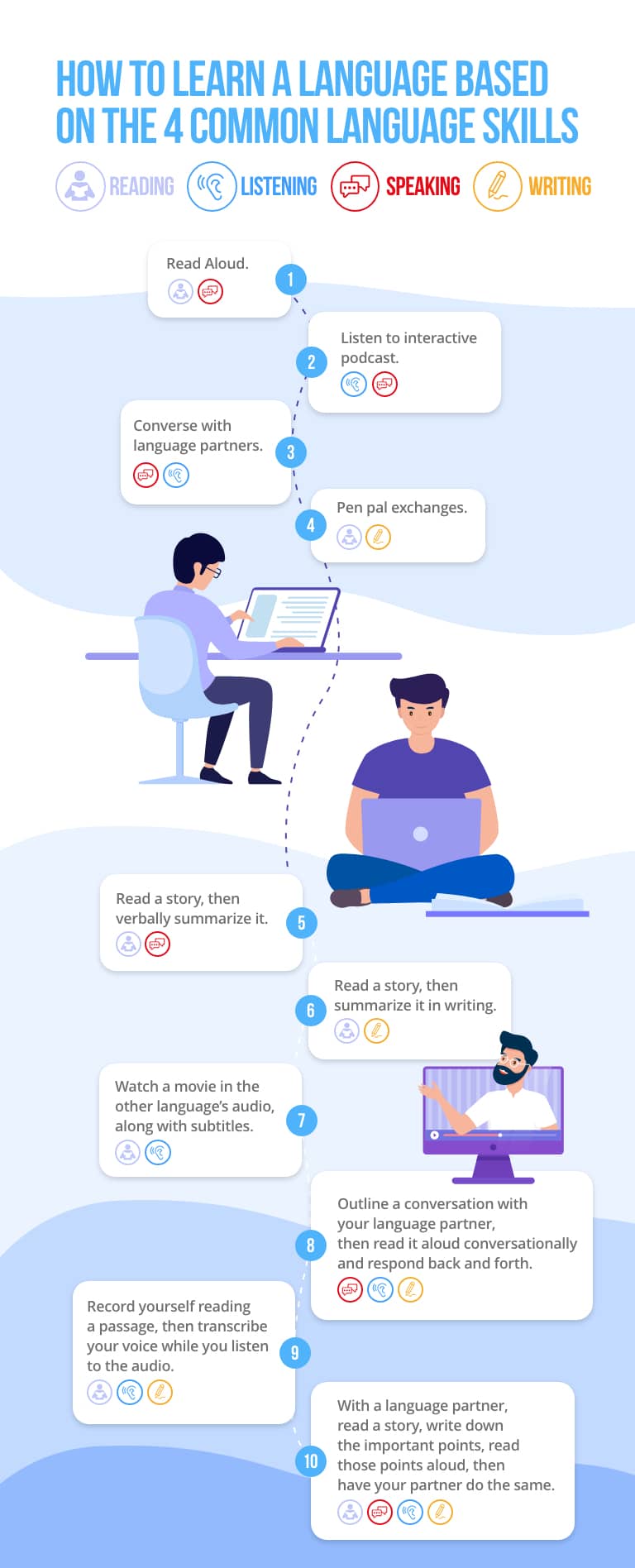English is a powerful language. In recent years, it has been established as a global language turning the world into a small habitat where anyone and everyone can communicate beyond the boundaries of race and nationalities. In industrial progression, this language has a significant role thus every industry or corporate demands the English language as a mandatory skill. Not just for career growth, for day-to-day living and learning opportunities, one must have a good command of English. While many tutorials advise about tips on English learning, here we have brought a list of things you should avoid in the transition.

Table of Contents
Tips to Help you Avoiding Things While English Learning:
Devote significant time to functional and conversational language use. Learn in context while communicating with people. Here are some tips:
-
Try not to fear making mistakes
Being humans if we learn something we may make mistakes but don’t allow your mistakes to be the barrier to your learning process. Don’t resist your mouth to speak English for fear of making mistakes. Nothing terrible is going to happen if you speak the wrong word. At first attempt, it seems complicated, but with practice, you will be better as practice makes a man perfect. Stop thinking about the people what they will say and how they will react. Have confidence, keep on trying and learn from the mistakes.
Learning is a journey; a few hit the destination early while others may take time. Don’t compare yourself with others. Everyone has a level and pace to learn things. If you are slow, that does not mean that you are not capable. Be positive and have patience, success will surely follow you.
-
Avoid replacing difficult words with easier words
Be crazy to learn the new words instead of replacing the problematic words with an easier one. Start playing with the words. Whenever you find a new word, don’t disregard it or use some replacement, learn that strange word and use that word wherever you find it appropriate. This method will create a world of vocabulary for you without putting in much effort.
To improve your vocabulary, bring a little change in your entertainment choice. Movies, TV Series or Songs whatever you like, watch or listen to with English subtitles. It will boost up your communication skills at a rapid rate. In simple words, immerse yourself in the English language as much as you can.
-
Stop Translating
Often learners speak in English by translating from their native language with plenty of errors and get demoralized when they find their expression is different from the native speakers.
Actually English is a phrasal language. Words are pronounced differently than they are spelt. Also, every sentence does not imply word to word meaning. While learning a language, learn it naturally. Don’t cram but adapt the language.
Don’t take learning as a boring chore. Make it a part of your daily routine. Like when you are walking, your mind is free, make English sentences about the things you see around. Learn at least one new word daily and use it in your conversation. Watch any funny video and explain it to someone in English. Read the content of your interest. Participate in discussion forums. These little efforts will help you to learn the language in a natural way.
-
Don’t work hard on one skill and neglect others
It is true that to be able to speak with people in English, you need not spend much time on reading or writing, but at the same time, you should not avoid them altogether. You should give your best in improving your English speaking skills, but also devote sufficient time for reading and writing as these are an integral part of the language. You often make mistakes when you rely completely on one method of learning. Listen and repeat techniques, grammar textbooks; online tutors etc. are the various approaches you may use to practice the language.
Using multiple learning methods improve your all communication skills. You become known to the different shades of the language. Also, the variety keeps you engaged. Otherwise, you may get stuck.
-
Avoid Getting Tangled Up in Grammar
Every language is connected to a set of rules that is called grammar. Using those rules is part of the language learning process. Having the proper knowledge of grammar rules does not mean that you will be a fluent speaker. No doubt understanding the grammar rules is necessary to learn the language, but it is not the only asset. Every language has easy aspects of grammar too, so learn the easier bits. Don’t tangle yourself in the tough and deep grammar. You can memorize the basic rules easily, and it’s sufficient.










